
Simple gestures
To protect the world every day

Ecological tourism
Green tourism, a solution for the future
Ecological tourism is a form of tourism based on eco-responsibility. It usually involves travel to destinations where flora, fauna and cultural heritage are the main attractions. Ecotourism, which bellecology.es highlights, offers tourists a glimpse of the impact of human beings on the environment and promotes a better appreciation of nature as it is. As an eco-tourist, you are helping the planet and enabling people to lead more fulfilling lives.

Solidarity ecotourism

Ecotourism activities

Eco-responsible destinations
Green gestures in everyday life
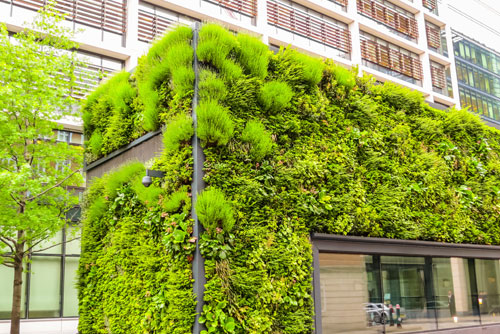
Ecological design
Design for Environment is about limiting negative environmental impacts throughout the life cycle of a product. It is a solution that reduces the consumption of energy and natural resources.

Eco-responsible vehicle
Opting for environmentally friendly vehicles not only helps reduce the need for fossil fuels such as oil, but also reduces the emission of greenhouse gases such as carbon dioxide.

Green materials
Green building materials are materials produced from renewable resources. Using sustainable materials helps to minimize the carbon footprint of a construction project.
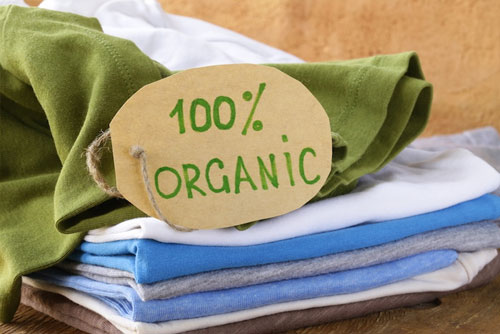
Eco-friendly clothing
Eco-friendly clothing is made from natural fibres such as organic cotton. Because synthetic fibres are derived from petroleum, eco-friendly textiles reduce the use of fossil fuels.
Responsible consumption
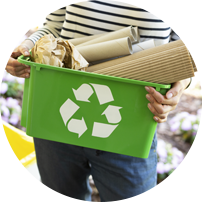
Recycle and minimize waste
Reduce, Reuse, Recycle – Three great ways to protect the environment while improving waste management. More about environment, sustainable development and risk prevention on mylittle-earth.com.
Reduce energy consumption
The fight against carbon emissions starts at home. Adopt good habits to save energy at home.


Adopt reusable bags
Reusable bags are an alternative to plastic bags, which require a large amount of oil to be created.
Rationalize water consumption
Monitoring your water consumption helps to avoid wasting drinking water – a resource that is being depleted day by day.

Living in organic mode
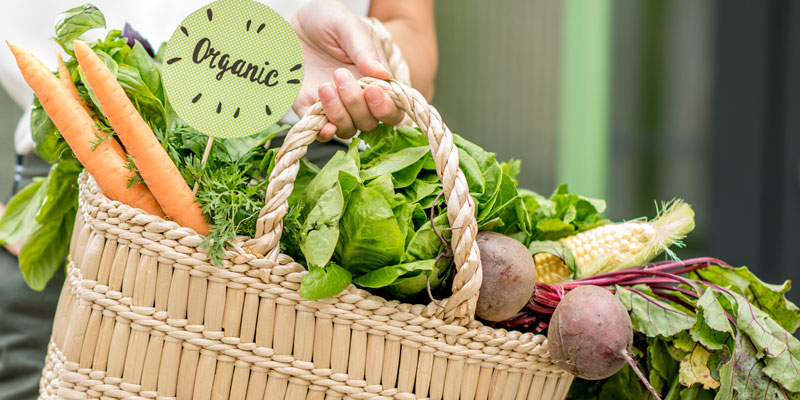


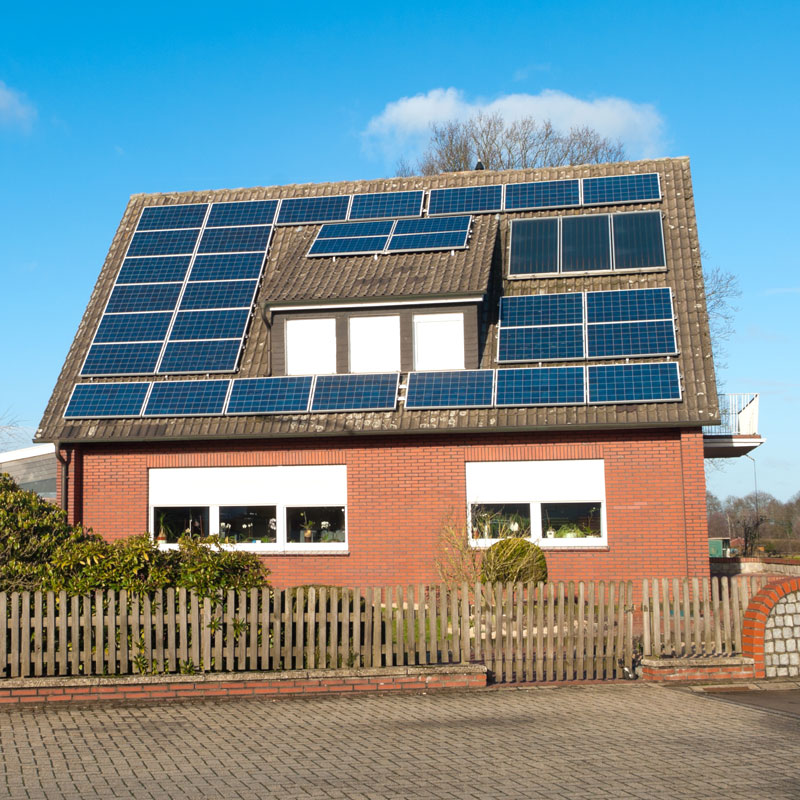
Ecological agriculture
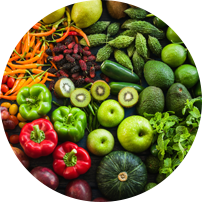
Fruits and vegetables
Eating locally avoids importing fruit and vegetables from abroad, but also avoids the use of unhealthy pesticides to grow out of season.
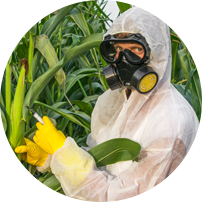
No to GMOs
Genetically modified organisms pose a serious threat to the sovereignty of farmers and to the national food security of any country where they are commercialized.
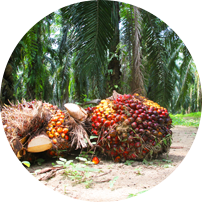
Palm oil and ecology
The massive production of palm oil causes significant deforestation, leading to the destruction of an entire ecosystem and the programmed disappearance of certain species.
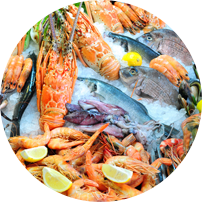
Fish and seafood
Eating seafood products with an eco-label means not supporting illegal, unreported and unregulated fishing practices and preserving marine species.

Eco-responsibility applied to gardening means making compost to recycle organic waste, recovering rainwater for watering and using natural fertilizers.